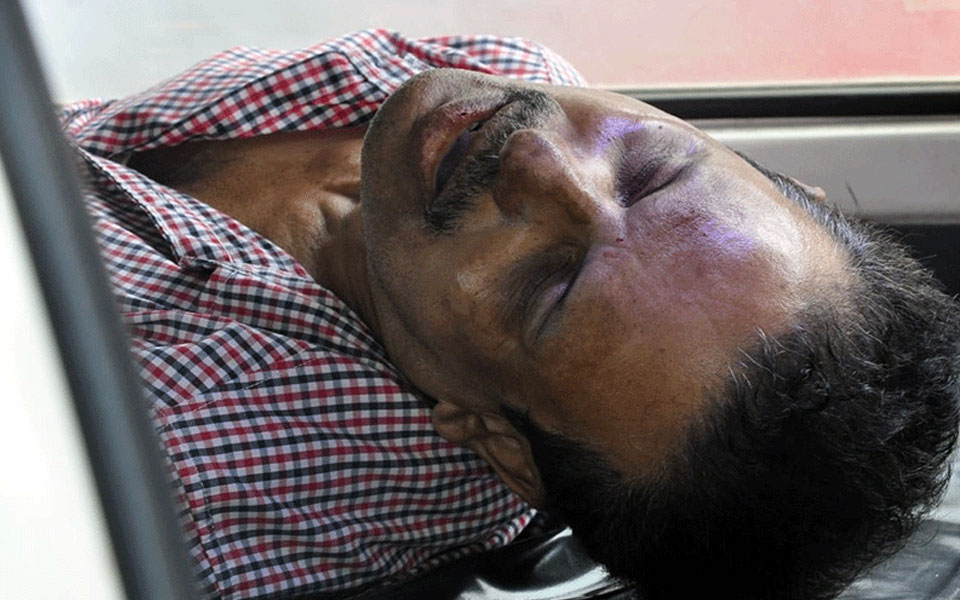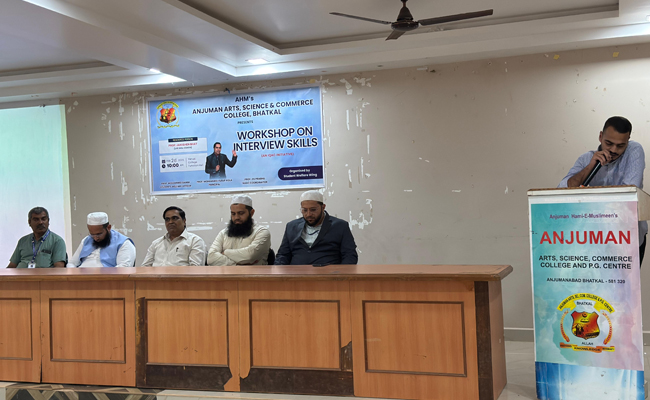Udupi: A 68-year-old Ex-Navy employee allegedly stabbed himself to death at his Ford car in Manipal.
The victim has been identified as Lakshmindra Nagar resident Valivera Luis. The Ex-serviceman took this extreme step near his relative’s home at Manipal late on last night. But the incident came to light this afternoon.
“Luis stabbed in his abdomen with a knife. While a death note has been recovered from the spot, it read “I am responsible for my death,” Manipal police informed.
Udupi District Superintendent of Police Lakshman Nimbaragi, senior police officials visited the spot and carried out the investigation.
Manipal police have registered a case regarding this.


Let the Truth be known. If you read VB and like VB, please be a VB Supporter and Help us deliver the Truth to one and all.
Bengaluru (PTI): The Karnataka High Court on Monday extended the interim relief given to Bollywood actor Ranveer Singh till March 9, in a case related to mimicking a character from the movie, 'Kantara Chapter-1', and allegedly mocking a deity.
The actor had approached the High Court seeking the quashing of the FIR against him for mimicking Rishab Shetty's role as 'Chavunda' deity in the movie.
While mimicking, Singh had called the deity a "ghost". The actor was asked to appear before the court in person on Monday.
Appearing on behalf of the actor, his counsel Sajjan Poovayya said Singh was stuck in London and was unable to reach Bengaluru due to the conflict in West Asia.
The complainant, who is a lawyer, alleged that his religious sentiments were hurt by calling the deity a ghost. On the directions of a local Court, the police registered a case against the actor.
The High Court on February 24 granted interim relief to the actor with directions to the police not to take any coercive steps against him.





